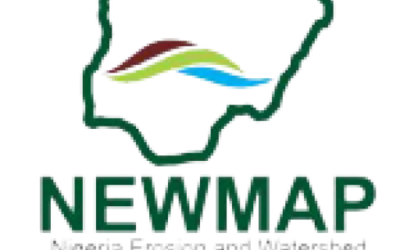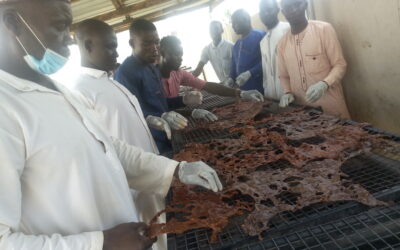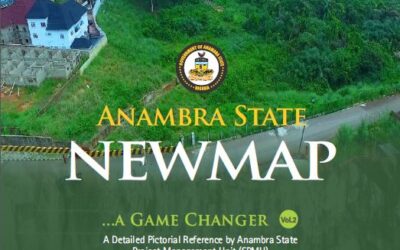
Website: newmap.an.gov.ng
ANAMBRA NEWMAP AT A GLANCE
The Nigeria Erosion and Watershed Management Project (NEWMAP) is an eight-year innovative and multi-sectoral project initiated by the Federal Government of Nigeria and some select States and financed by the World Bank to address and resolve soil erosion challenges, climate change and renewable energy sources in the several target states.
Launched in June 26th, 2014 in Anambra State, the idea behind the formation of NEWMAP is to have a more organized and sustainable fight-back against the danger of gully erosion and the frightening devastation of our ecology by reclaiming damaged areas and resuscitating them through wholistic watershed management approach.
In Anambra State, a significant part of its landmass is under sever threat of flood and soil erosion hazards and to redress the impact of erosion on its communities, the state government targeted to rehabilitate and remedy through the NEWMAP opportunity some of its existing gully corridors.
The down payment of the sum of N1 billion as counterpart funding by Gov. Willie Obiano was rightly seen as a clear demonstration of this commitment and absolute good faith by the World Bank who quickly scaled up its interventionist effort to stave off the menace. NEWMAP today has done tremendous work on 13 sites across the State.
NEWMAP FY2020 PROGRESS REPORT
Please click the links below to access the reports. NEWMAP FY2020 PROGRESS REPORT (PDF) NEWMAP PROGRESS AND ACHIEVEMENTS(PPT) UPDATED RESULT FRAMEWORK - APRIL 2021
Green Kilishi: A new look at Nigeria’s favourite snack
The solar-powered kilishi making factory built under the Nigeria Erosion and Watershed Management Project (NEWMAP) in 2020 has transformed lives and livelihoods in Yaba village in the Funtua senatorial Zone of Katsina. A technological demonstration project to reduce charcoal and firewood use, and thus deforestation, it aimed to counter climate change and promote local livelihoods. The 650 million Naira (~USD 157,000) spent to set up solar-powered meat drier domes, fuel-efficient kilns, heat extractors, security lights, borehole; and office, has led to less time and drudgery for local butchers making kilishi, more (hygienic) production, a surge in demand (even from neighbouring states), secondary employment for ancillary suppliers, reduced migration (and even return of migrants) and the empowerment of local women (who supply the spices (yaji), chilli, groundnut cake powder, pepper, and salt – and many of whom also paid their husband’s membership fees to join the new Kilishi Cooperative!).
Anambra NEWMAP Newsletter
A Detailed Pictorial Reference by Anambra State Project Management Unit (SPMU). Anambra NEWMAP - Game Changer Report


